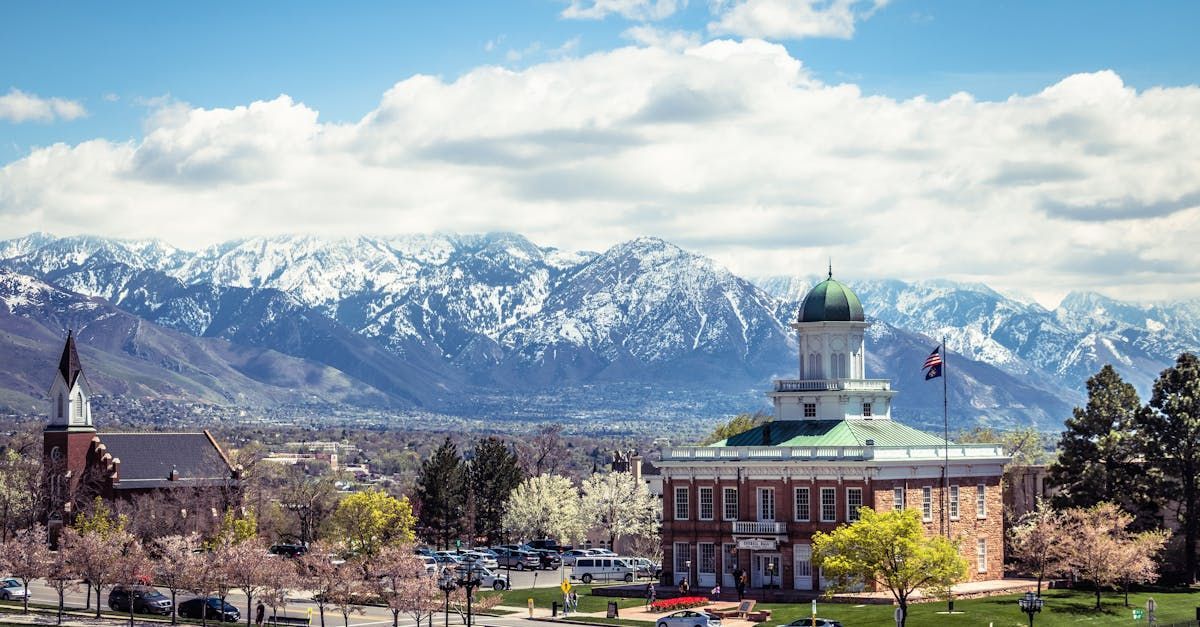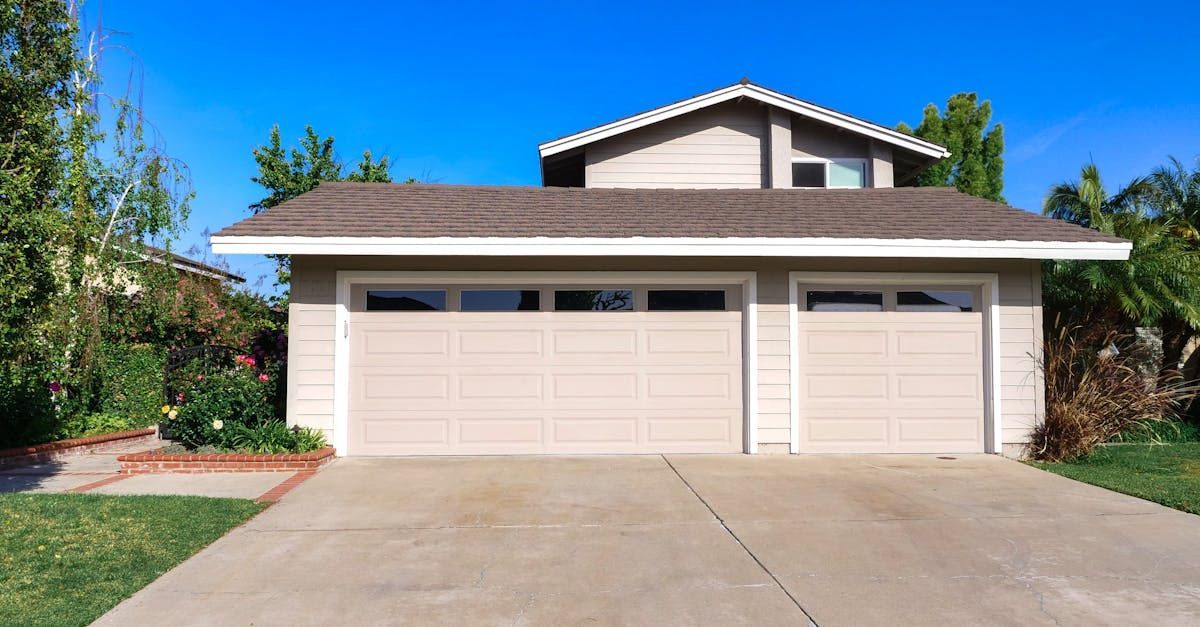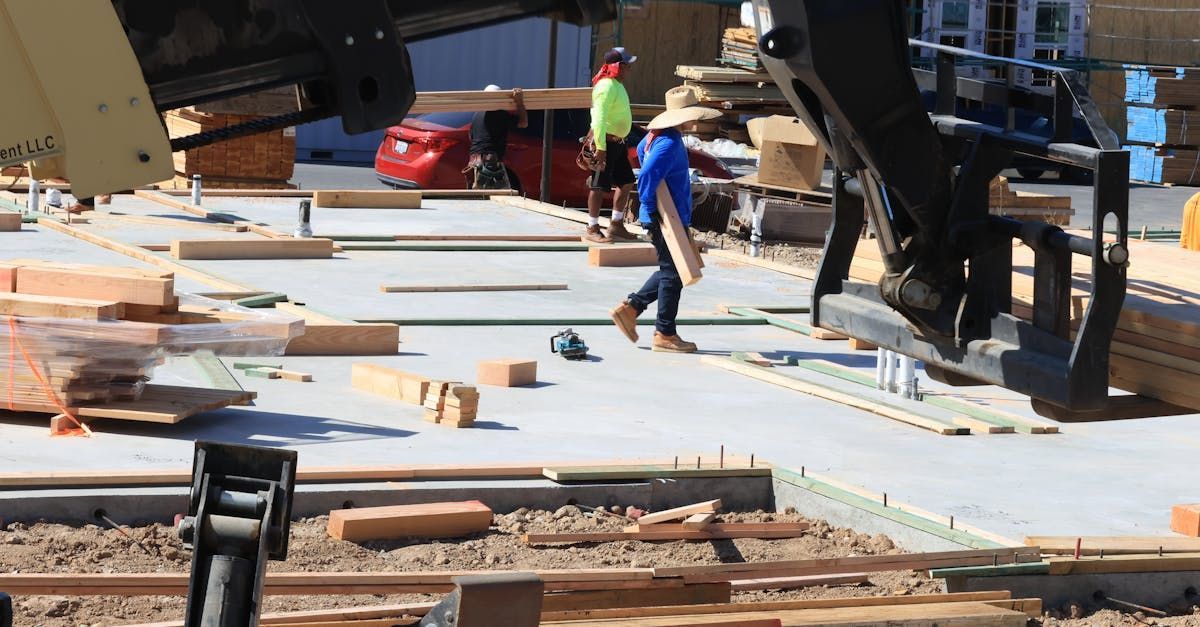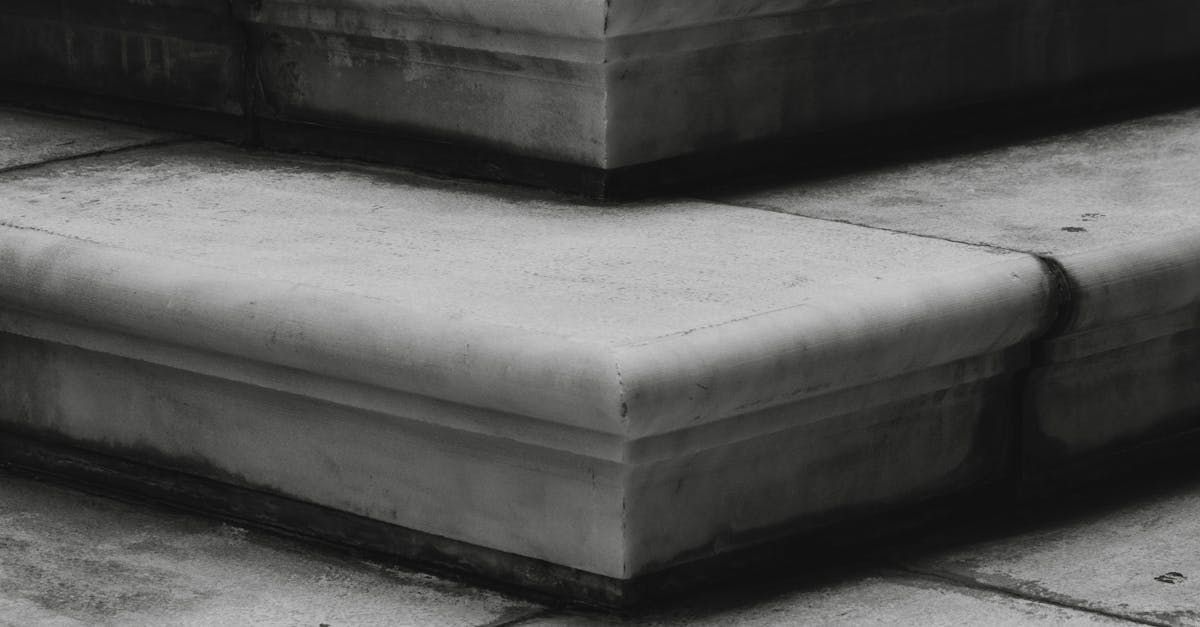LEHI CONCRETE
Licensed, Reliable, and Professional Concrete Contractor
(385)483-3799
Concrete Contractor in Lehi, UT
At Lehi Concrete, we pride ourselves on delivering high-quality concrete services to our communities in Lehi, Saratoga Springs, American Fork, Orem, Provo, and surrounding areas. Our reputation is built on the foundation of trust, excellent craftsmanship, and a customer-first approach. We understand that every project, whether big or small, requires meticulous attention to detail and a commitment to excellence.
From the bustling streets of Lehi to the serene neighborhoods of Provo, our team has been at the forefront of providing durable and aesthetically pleasing concrete solutions. Our extensive service area ensures that residents and businesses across Utah County can benefit from our expertise. Whether you're in the heart of American Fork or the scenic locales of Saratoga Springs, Lehi Concrete is your go-to partner for all things concrete.
We believe that clear communication and transparency are essential to a successful project. Our bidding process begins with gathering essential information from our clients about their specific concrete needs. This initial consultation helps us understand the scope of work and the unique details of each project. Once we have gathered the necessary information, we arrange a meeting at the property to assess the site and discuss the project in more detail. During this visit, we take the time to answer any questions the client may have and provide professional recommendations suited to their requirements.
Following our site visit, we work diligently to prepare a detailed proposal that outlines the estimated costs and timelines. We value our clients’ input; therefore, we ensure that we agree on a fair price and a mutually convenient start date before moving forward. This collaborative approach not only allows for a smooth transition into the project phase but also builds a foundation of trust and satisfaction with our clients from the very beginning.
We pride ourselves on the quality of our work, which is our top priority. With years of experience in the concrete industry, we have honed our skills and techniques, ensuring that each project meets the highest standards. We understand that every pour, every finish, and every detail matters, which is why we meticulously oversee the entire process. Our dedication to quality craftsmanship not only enhances the durability and aesthetic appeal of our concrete solutions but also ensures that our clients receive lasting value. We aim to exceed expectations with every project, solidifying our reputation as leaders in the field.
Get Your Free Quote
Get Your Free Quote
Why Choose Lehi Concrete?
-
Free Quotes and EstimatesList Item 2
We believe in transparency and giving our clients the information they need to make informed decisions. That's why we offer free quotes and estimates for all our services. Our no-obligation quotes allow you to understand the scope and cost of your project upfront, without any hidden fees or surprises.
-
No Pressure, Just QualityList Item 3
At Lehi Concrete, we understand that choosing a contractor is a significant decision. We never pressure our clients into hiring us. Instead, we encourage you to seek bids from other companies to ensure you're getting the best value. Our confidence in our work speaks for itself, and we believe that our quality and customer service set us apart from the competition.
-
Proven Track RecordList Item 4
We understand that price is an important factor in a bid. That is why we aim to provide top-notch services at a rate that everyone can find reasonable. Our concrete contractor is unmatched in professionalism and quality. Years of time spent in the trade has allowed our team to earn our spot among the ranks of superior contractors in the Valley. We are proud to serve Scottsdale, Mesa, Gilbert, Chandler and surrounding areas.
-
Community-Focused
Being a locally-owned business, we are deeply committed to the communities we serve. We understand the unique needs and preferences of our clients in Lehi, Saratoga Springs, American Fork, Orem, Provo, and beyond. Our local knowledge and personalized approach ensure that we deliver results that exceed expectations.
Services
Driveways
Your driveway is more than just a path to your home; it's the first impression visitors get. We design and install driveways that not only withstand the test of time but also enhance the curb appeal of your property. From standard concrete driveways to custom designs, our solutions are tailored to meet your specific needs.
Foundations
A strong structure begins with a solid foundation. At Lehi Concrete, we specialize in creating robust and reliable foundations for residential and commercial properties. Our team uses top-grade materials and industry-leading techniques to ensure that your building stands on a firm footing.
Decorative Concrete
Transform your outdoor spaces with our decorative concrete services. Whether you're looking for stamped concrete, stained concrete, or a unique custom design, we have the skills and creativity to bring your vision to life. Our decorative concrete solutions are perfect for patios, walkways, pool decks, and more, adding a touch of elegance and style to any setting.
How We Bid Concrete Jobs
At Lehi Concrete, we understand that a well-detailed bid is crucial for both the client and our team, serving as the foundation for a successful project. The process begins with an in-depth assessment of the project site, where we evaluate various factors such as soil conditions, environmental considerations, and local regulations. This comprehensive evaluation ensures that we develop an accurate and fair pricing structure that reflects the true scope of the project.
In addition to site conditions, we also take into account the desired materials, the complexity of the design, and any specific client requests. Our aim is to provide a transparent bidding process that not only meets the client's needs but also aligns with our commitment to quality and excellence. Here are the key elements we consider:

1. Slope of the Ground:
The slope of the ground significantly influences the complexity and cost of a concrete job. A flat surface is straightforward, but if the terrain is uneven or sloped, additional preparation such as grading or filling may be required. This extra work involves more labor and materials, which impacts the overall cost.
2. Material Being Used:
The type of concrete material selected for the project also affects pricing. Standard concrete is cost-effective, but specialized concrete mixes, such as high-strength or quick-setting variants, come at a premium. Additionally, any additives like fibers for reinforcement or colorants for aesthetic purposes will also influence the cost.
3. Tools Required:
The tools and equipment needed for the job vary based on the project's complexity. For instance, a simple driveway may only require basic tools, whereas intricate stamped concrete designs or large commercial slabs might necessitate advanced machinery and specialized tools. The cost of renting or operating these tools is factored into the bid.
4. Time It Takes:
Time is another critical factor in our pricing. Projects that can be completed quickly are generally less expensive than those that require extended periods to finish. This includes not only the time taken to pour and set the concrete but also the curing period necessary for the concrete to reach its full strength. Labor costs, including overtime if needed, are accounted for in the final bid.
By meticulously evaluating these factors, we ensure our customers receive a detailed and transparent bid, helping them make informed decisions about their concrete projects.
Concrete vs. Wood Foundations
When it comes to building robust and long-lasting foundations, concrete is the superior choice compared to wood. Here’s why:
1. Durability:
Concrete is inherently strong and durable, capable of withstanding heavy loads and adverse weather conditions without deteriorating. This makes it an ideal material for foundations, which need to support the entire structure of a building over an extended period.
2. Resistance to Rot and Pests:
Unlike wood, concrete is non-organic and does not rot, warp, or succumb to termite infestations. Wooden foundations are prone to moisture damage, leading to structural integrity issues over time. Concrete, on the other hand, remains unaffected by such hazards, ensuring a stable and safe foundation.
3. Fire Resistance:
Concrete foundations offer superior fire resistance compared to wood. In the unfortunate event of a fire, concrete can withstand high temperatures without losing its structural integrity, providing added safety and peace of mind to homeowners.
4. Maintenance:
Concrete foundations require minimal maintenance compared to wood. Wood foundations need regular inspections and treatments to protect against moisture and pests. Concrete, being more resilient, demands less frequent upkeep, saving homeowners time and money in the long run.
In summary, concrete’s durability, resistance to environmental factors, fire safety, and low maintenance make it the best material choice for foundations, ensuring the longevity and stability of any structure.
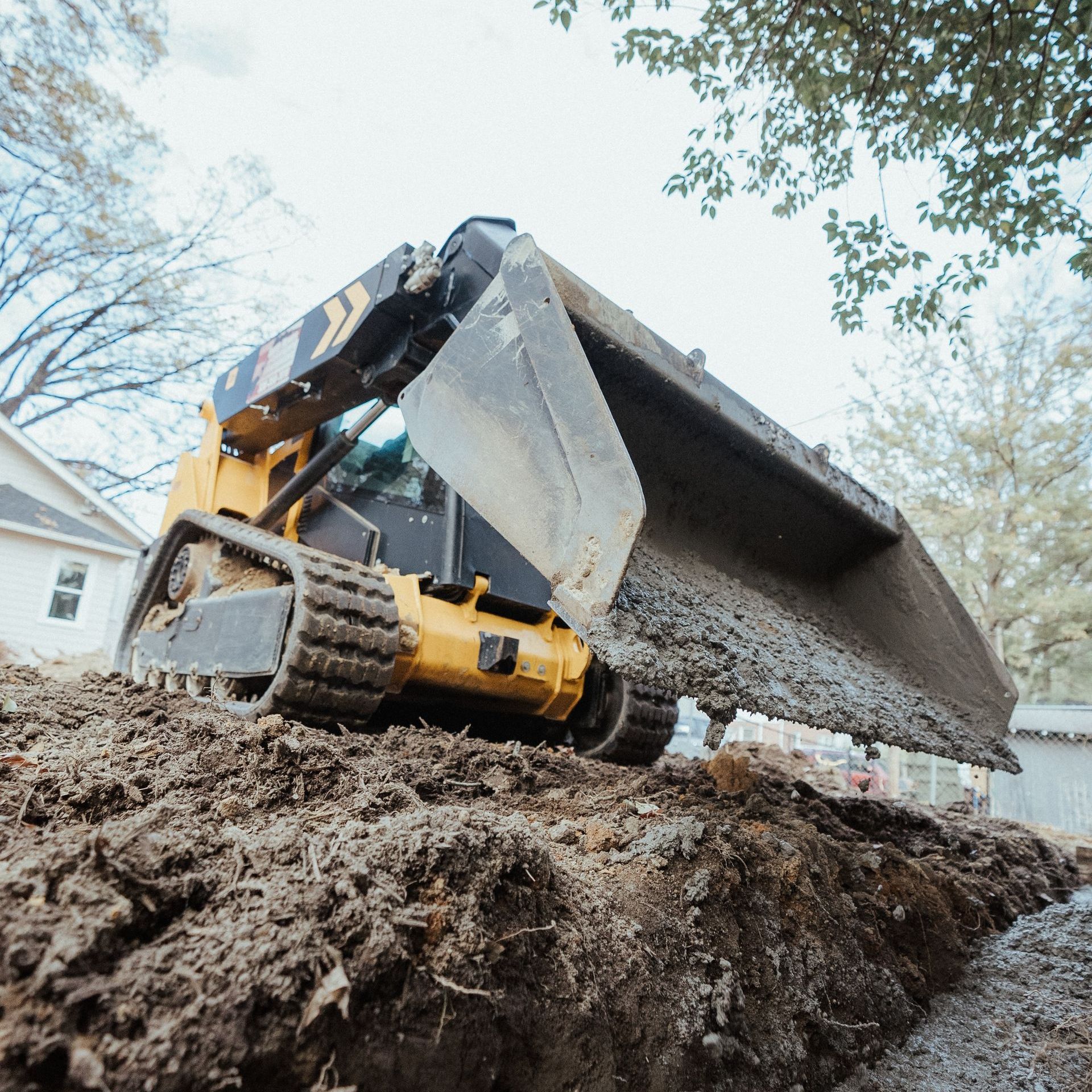

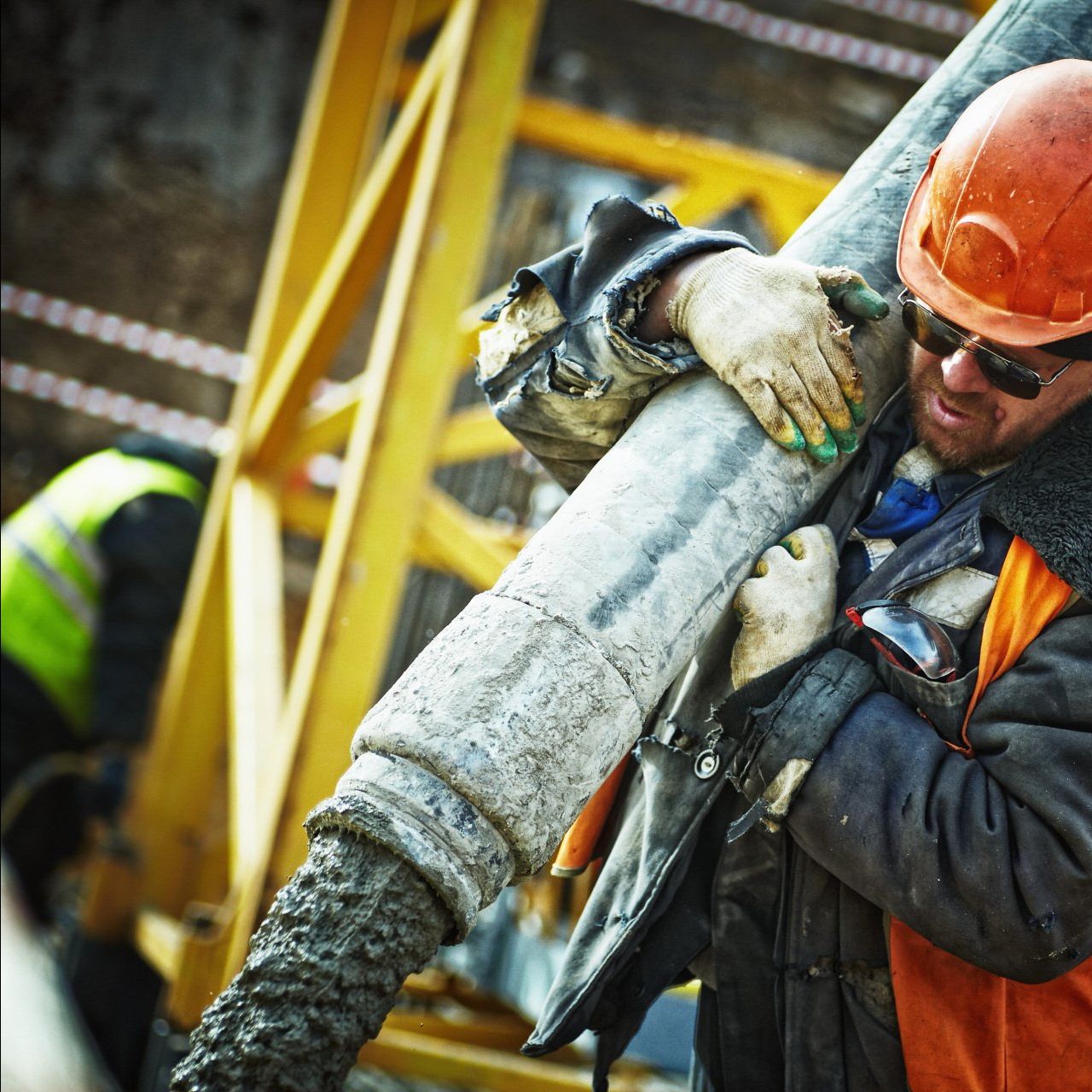
Frequently Asked Questions
What are the differences between stamped concrete, exposed aggregate, and stained concrete finishes?
- Stamped Concrete: this type of slab is designed to replicate the look of other materials such as stone, brick, or tile. This is achieved by pressing molds into the wet concrete and then adding color. It’s a versatile and cost-effective way to enhance the visual appeal of driveways, patios, and walkways.
- Exposed Aggregate: aggregate finishes involve removing the top layer of cement paste to reveal the embedded stones or aggregates. This creates a textured, skid-resistant surface that is both decorative and durable. It’s a popular choice for pool decks and outdoor areas.
- Stained Concrete: this technique employs acid-based or water-based stains to add rich, translucent colors to concrete surfaces. This finish can mimic the look of natural stone or polished marble, making it a popular choice for interior floors and decorative outdoor surfaces.
How long does it take to pour and set a concrete driveway, walkway, or patio?
The time required to pour and set concrete depends on the project's size and complexity. Generally, the pouring process can take a day or two, while the initial setting occurs within 24 to 48 hours. However, the concrete needs at least 7 days to cure partially and about 28 days to reach its full strength. During this curing period, it’s essential to keep the area protected from excessive moisture and heavy loads.
What maintenance is required for concrete surfaces, and how often?
Concrete surfaces are relatively low maintenance but do require some care to ensure longevity. Regular cleaning to remove dirt and debris, sealing every 2-3 years to protect against moisture and stains, and addressing any cracks or damage promptly are essential steps. In colder climates within Utah, it’s also recommended to use de-icers sparingly to avoid surface damage.
Can concrete be customized in terms of color, texture, and design?
Absolutely! Concrete is highly customizable. You can choose from various colors, textures, and patterns to match your aesthetic preferences. Techniques like stamping, staining, and using colored aggregates provide endless design possibilities, making concrete a versatile choice for personalized projects.
What are the environmental benefits of choosing concrete over alternative materials?
Concrete is an environmentally friendly building material. It’s made from abundant natural resources, and its energy efficiency can be enhanced by incorporating recycled materials. Concrete structures also have a high thermal mass, which helps regulate indoor temperatures and reduce energy consumption for heating and cooling.
How does concrete perform in extreme weather conditions, specifically in Utah's climate?
Concrete is well-suited for Utah’s variable climate. Its durability makes it resistant to freeze-thaw cycles, which are common in the region. Properly mixed and cured concrete can withstand extreme temperatures and weather conditions, making it a reliable material for both residential and commercial projects in Utah.
Are there any special considerations or permits needed for concrete projects in residential areas?
Yes, there may be local regulations and permits required for concrete projects. It’s important to check with your local building department to understand the specific requirements in your area. At Lehi Concrete, we assist our clients in navigating the permit process to ensure compliance with all local codes and regulations.
What is the average lifespan of a concrete structure, and how does that compare to other materials like wood or asphalt?
The average lifespan of a concrete structure can exceed 50 years with proper maintenance, significantly outlasting materials like wood or asphalt. While wood may last around 20-30 years and asphalt 15-20 years, concrete’s longevity and durability make it a cost-effective and sustainable choice for long-term projects.
By addressing these common questions, we hope to provide clarity and confidence for homeowners considering concrete for their next project. At Lehi Concrete, we are committed to delivering top-quality services, ensuring that every client receives the best possible results tailored to their unique needs. If you have more questions or are ready to start your project, don't hesitate to
reach out to our team today.
Foundations
Concrete foundations are a critical component of any residential structure, providing stability and support that is essential for the integrity of the home. They serve as the base upon which the entire building rests, distributing the weight of the structure evenly across the ground. This weight distribution helps prevent settling or shifting that can lead to severe structural issues over time.
One of the key benefits of concrete foundations is their durability. Unlike other materials that may deteriorate or warp, concrete is inherently strong and resistant to the elements, including moisture and pests. This resistance is particularly important in regions with fluctuating climates, where extreme weather can put additional stress on a home's foundation. A well-constructed concrete foundation can last for decades, providing peace of mind for homeowners.
Moreover, concrete foundations contribute to energy efficiency. A solid foundation can help insulate a home against temperature fluctuations, reducing heating and cooling costs. With the addition of proper drainage systems, a concrete foundation can also help prevent water accumulation, further protecting the integrity of the property. Overall, investing in a quality concrete foundation is essential for ensuring the longevity and stability of a home, making it a cornerstone of residential construction.
Homeowners/Business Owners Best Practices for Concrete
When embarking on a new concrete project, clients should follow a set of best practices to ensure the work is executed effectively and stands the test of time. Firstly, it is crucial to choose the right time for pouring concrete, as weather conditions can significantly impact the curing process. Ideally, concrete should be poured on a dry day with moderate temperatures, avoiding extreme heat or cold.
Next, proper site preparation is essential. This includes clearing the area of debris, ensuring a level base, and compacting the soil to avoid future settling. Clients should also consider installing forms to define the shape of the concrete slab, which helps maintain the desired consistency.
Selecting the right mix of concrete is another key consideration. Depending on the project's requirements, homeowners may opt for standard concrete or a mix that includes additives for enhanced durability or quicker curing times. It’s also vital to reinforce the concrete with rebar or wire mesh, especially for larger projects like patios or driveways, to prevent cracking.
Lastly, proper curing of the concrete is fundamental. Keeping the surface moist for at least a week after pouring will facilitate proper hydration, leading to better strength and longevity. By following these best practices, clients can achieve successful and lasting results for their concrete projects.
